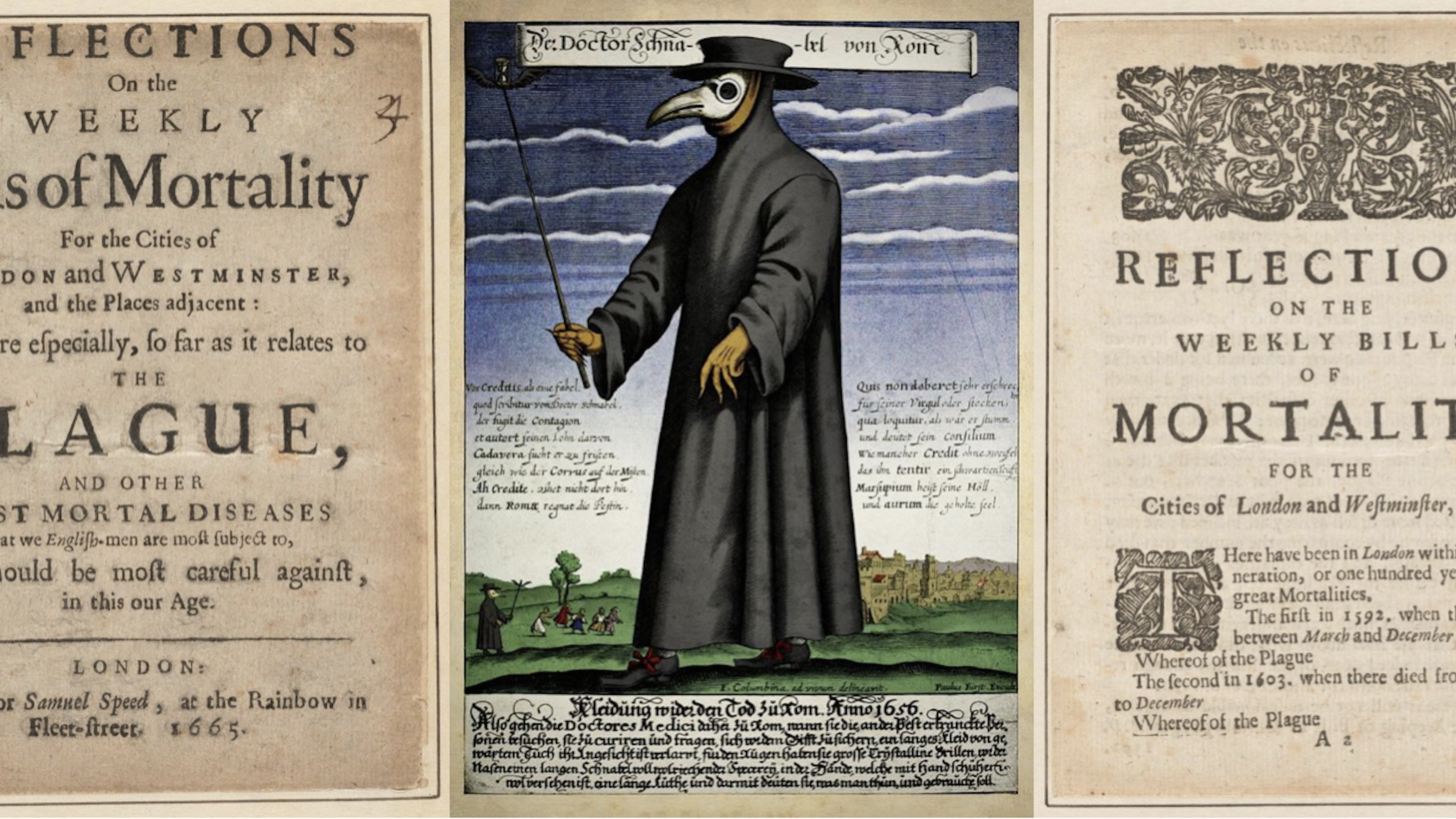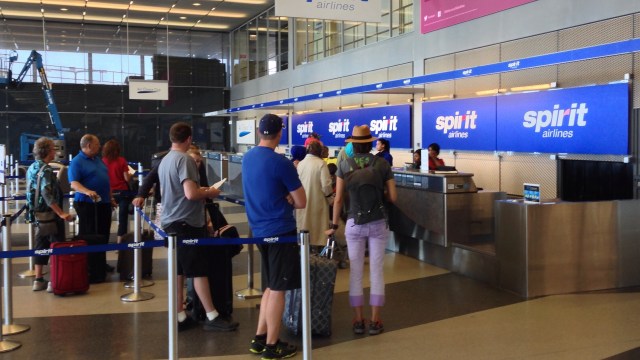Car culture and suburban sprawl create rifts in society, claims study

Pixabay
- Canadian researchers find that excessive reliance on cars changes political views.
- Decades of car-centric urban planning normalized unsustainable lifestyles.
- People who prefer personal comfort elect politicians who represent such views.
Want more things to blame for the ever-growing political divide in the United States? A new study pins cars and dangerous urban planning as a duo of socially divisive culprits that drive right-wing populism.
You might not think of urban planning as something having any effect on your life. As you rush about your daily affairs, the way you do it and the environment around you most often blends into the background. It is the stage for your exploits. But scientists from University of Waterloo in Canada say that the background has a major influence on society.
In an eye-opening conclusion, the study showed that car-centric urban planning decisions made decades ago were also connected to political attitudes that prefer comfort and convenience over sustainable development.
Pierre Filion from the University of Waterloo’s School of Planning, who led the study, thinks suburban sprawl is directly linked to how people vote. It’s a pattern he found in Canada and in the United States, where he observed a “clear ideological division between urban and suburban areas” during the mid-terms elections.
According to Filion, the suburban lifestyle leads to being over-dependent on cars as the sprawl eats up more public land. This unsustainable pattern keeps repeating while the constituents demand their local politicians support such a way of living.
As planners kept building suburbs they created scores of new electoral ridings and suburban voters who predictably voted for politicians and policies catering to their lifestyles,” said Filion. “This translated into increasing automobile dependence, less land devoted to public space, and the continued cycle of building more suburbs. A careful look at the results of the recent mid-term elections in the United States shows the clear ideological division between urban and suburban areas.”
By looking at planning and voting data from after World War II to 2010 in an area outside Toronto, the research team found that using automobiles more and more resulted in the normalization of aspects related to unsustainable living. This lifestyle also makes people more resistant to calls for “transformative” changes that would influence their “comfort and convenience,” said Fillion.
“This contributes to a sense of having their values attacked, and could explain some of the waves of right-wing populism in North America,” he added.
You can read the new study in the Urban Planning Open Access Journal.





